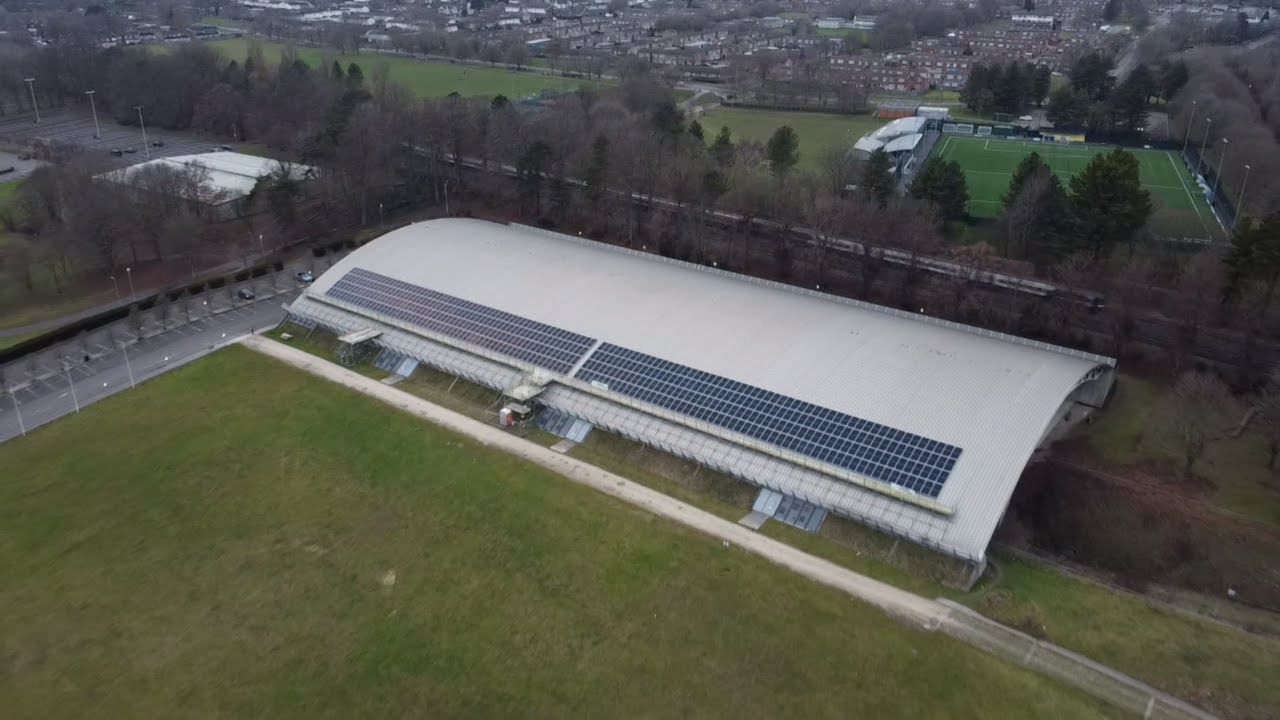- Posted on May 4th, 2022
Hampshire Cultural Trust: Towards Net Zero

Background
Hampshire Cultural Trust (HCT) manages and supports 23 attractions, from museums to galleries to arts centres, across the county. In 2019, HCT decided to scope a net zero strategy. This involved a buildings level analysis for scope 1 and 2 emissions, an organisation-wide analysis for scope 3 emissions and developing a strategy to minimise emissions and offset the residuals.
An environmental policy supporting the scientific community’s assessment that urgent climate action is required was subsequently implemented. Hampshire Cultural Trust also actively supports the United Nations Sustainable Development Goals (UN SDGs) agenda to set the world on a path to a sustainable future by 2030.
Paul Sapwell, Chief Executive of Hampshire Cultural Trust, commented:
“Arts and culture can play a key role in tackling climate and biodiversity emergencies. Hampshire Cultural Trust is committed to engaging others and to improving our own environmental practice. Meeting the target of carbon neutrality by 2030 will be challenging and will rely in part on collaborative action with our local authority partners, we will work hard towards achieving it.”
Analysis
To assess their energy use, HCT commissioned direct audits of 10 of their buildings and collated data for all other buildings to calculate emissions and derive evidence-based recommendations for direct energy reductions.
They used visitors’ travel, business travel, staff commute and procurement to calculate scope 3 emissions. They found that visitor travel represented almost 50% of emissions (less than some larger cultural organisations due to fewer international visitors) and that direct energy use (gas, oil, and electricity) represented almost 50% of non-visitor travel emissions.
Individual energy saving reports set out specific energy reduction recommendations, which included moving to heat pump heating to meet net zero goals.
Recommendations to improve efficiency included post-efficiency improvements, and electrification of heating, alongside several recommendations on how to deal with the emissions residuals – this included offsetting, green tariffs, and the installation of solar panels.
Climate Actions being taken
- Updated environmental policy and action plan
- Appointed an environmental sustainability manager
- All staff will go through Carbon Literacy training
- Developing a green procurement strategy
- Implementing the recommendations of the audits at each site
- Undertaking three more building energy audits
- Using energy management software
- Installed solar panel at four sites
- Development of sustainability impact metrics
- Undertaking a biodiversity audit of nine sites with green spaces
- Integrating climate commitments into exhibitions, events, and learning
Achievements
Across Hampshire Cultural Trust portfolio, energy use is dominated by three of the buildings – one of which – Milestones Museum – is very energy efficient. Milestones could be carbon neutral within its own footprint with solar panels and with electrification of the heating system. The findings of the energy saving audit were successfully used to make a business case to gain funding for a large solar array on the roof.
Read more about HCT/s environmental policies here.
Image credit: Milestones PV panels – Gary Freeman
